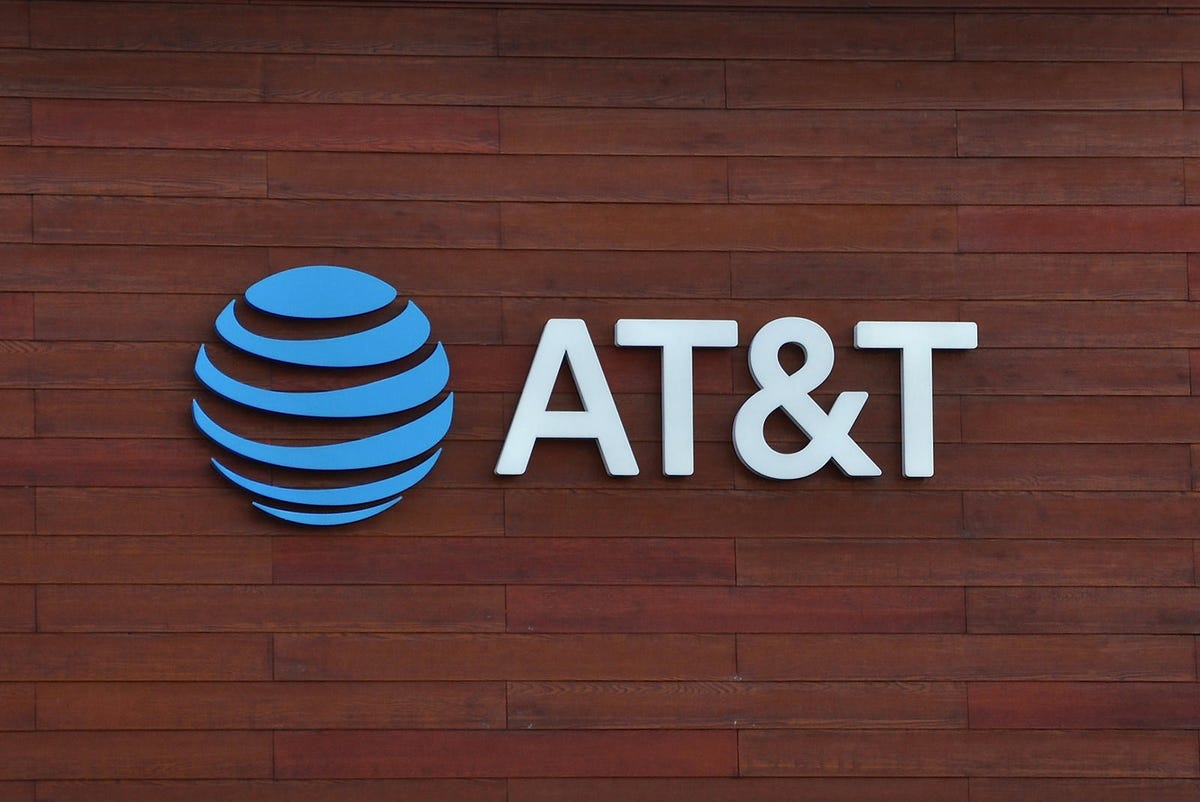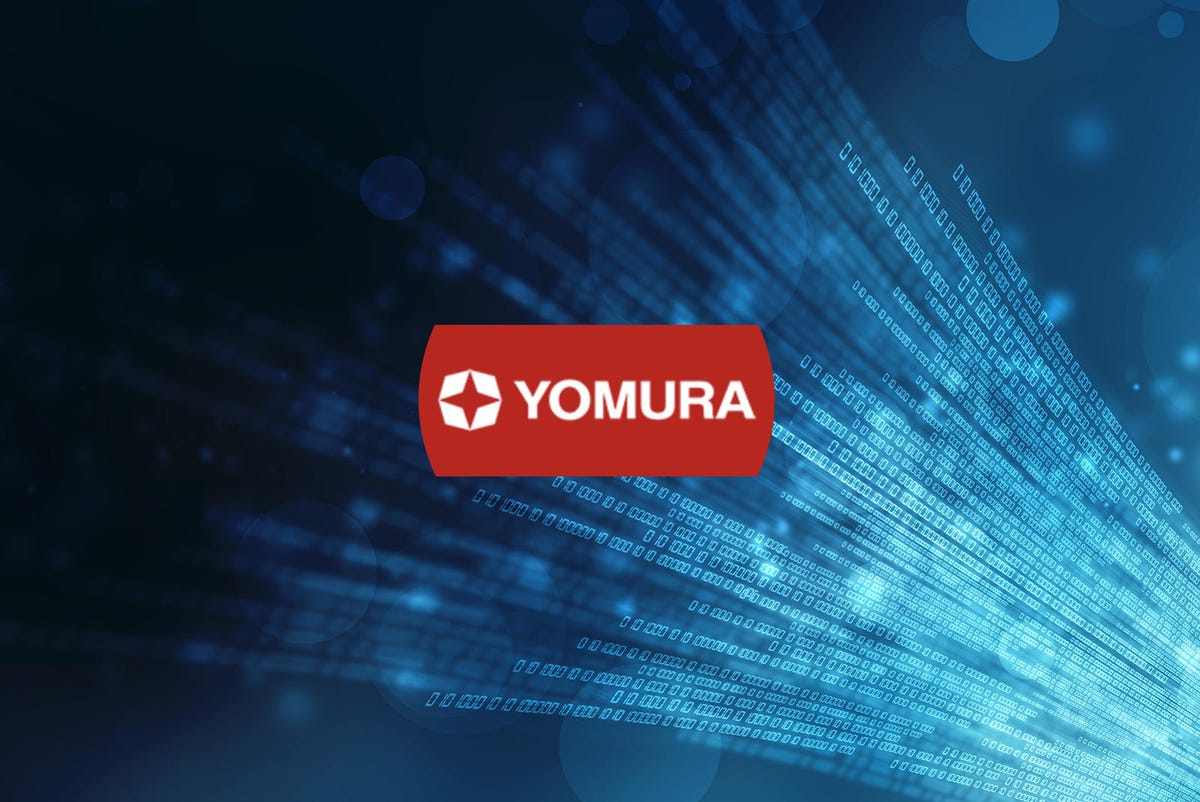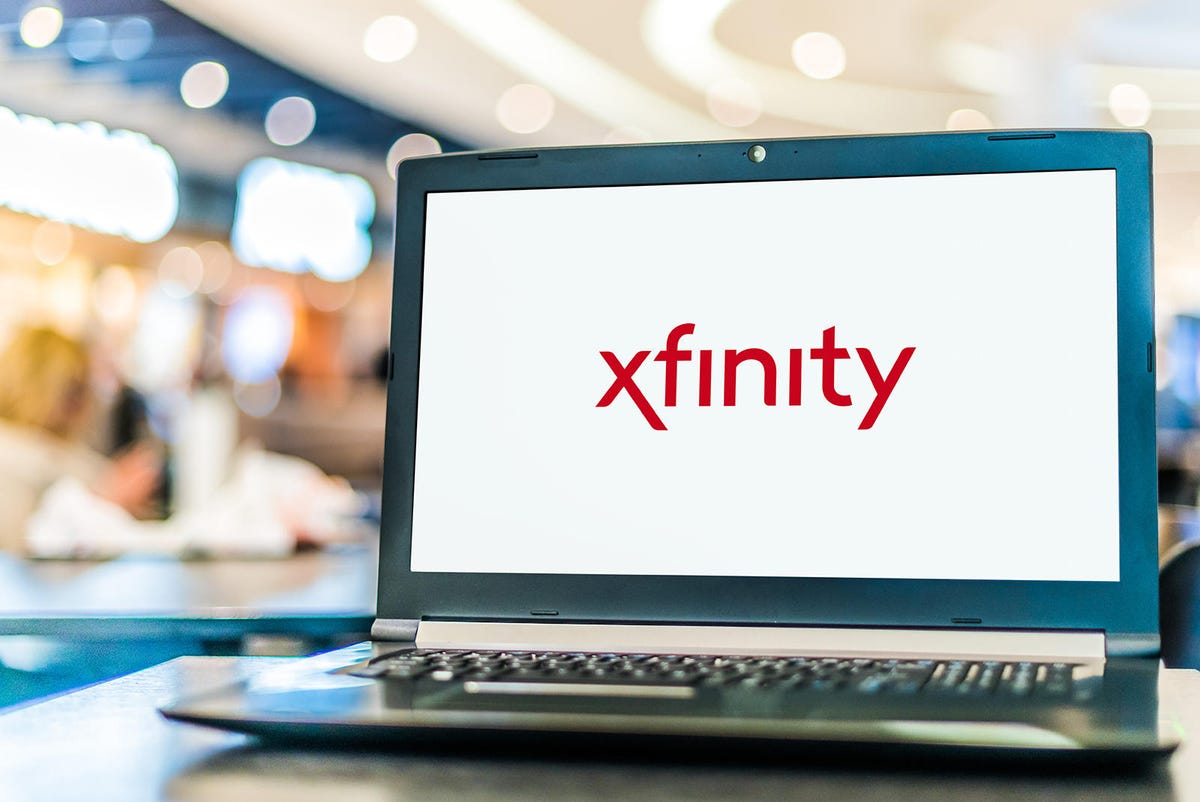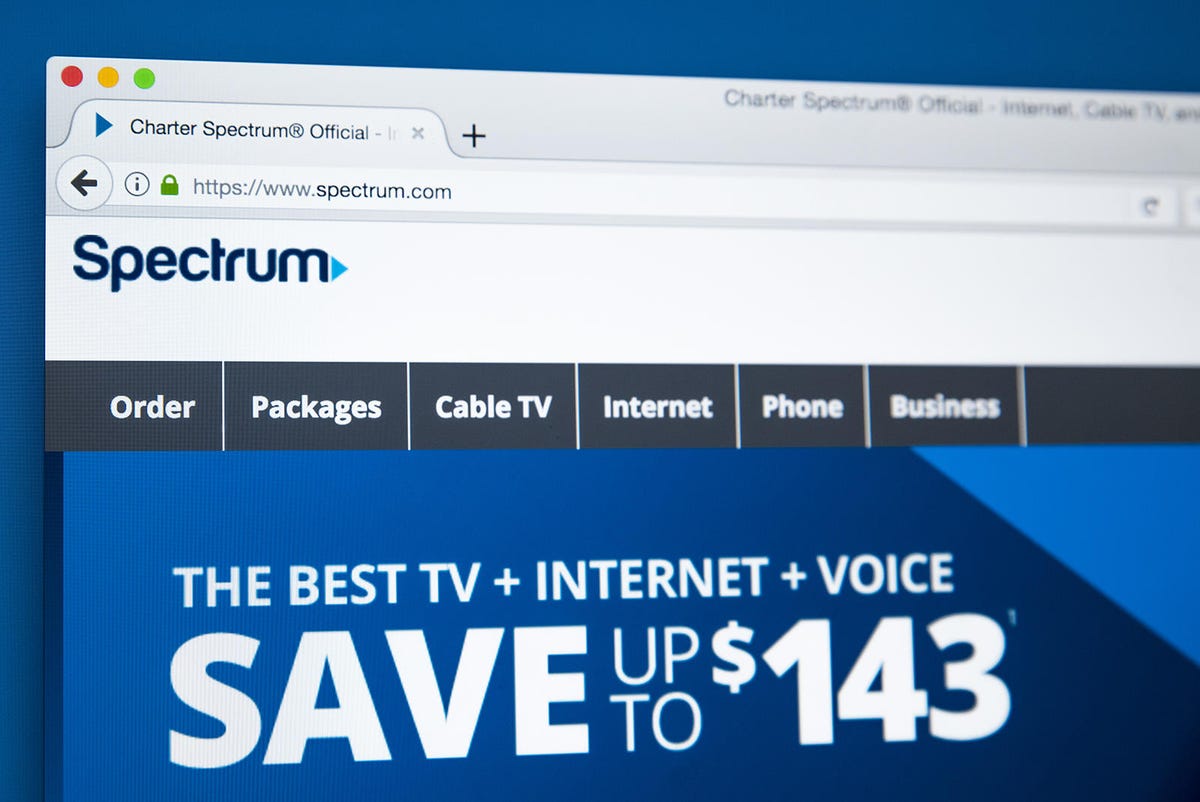- This Amazon Fire TV soundbar gave me room-filling audio without breaking the bank
- I found a Garmin smartwatch that's ideal for those who don't like the rugged design
- Finally, a portable 4K projector worthy of replacing my TV - and it gets plenty bright
- Your TV's USB port has an underutilized benefit that can refresh an old system - here's how
- Samsung is selling refurbished Galaxy S24 phones at discounted prices (including the Ultra)
Best internet provider in Atlanta 2021: Top ISPs | ZDNet

In all too many places, your internet choices consist of one cable internet provider or one DSL provider. If you’re lucky, you may get fiber as a choice too. Then, there’s Atlanta. Here in most of the metro area, you actually have real choices! No! Really!
Before jumping into this comparison you should keep in mind that, just like everywhere else, the advertised prices are not the same as what you’ll pay. The “list” price doesn’t include taxes or fees. The prices will also vary wildly depending on what deal you get. Many ISPs offer cheaper packages that also offer you cable TV, landline, or 4G/5G phone services. These bundles are normally only for one or two years and require you to sign a contract.
Finally, before talking specifics, always check to see if there’s a data cap. Today, thanks to work and school from home, video-conferencing, and 4K video streaming, many of us use more broadband than we ever had before. One TeraByte (TB) of data per month is indeed a lot, but it may be less than what you need in 2021.
The Fastest home internet in Hotlanta
Starting with the fastest, Google Fiber actually offers, dare I say it, 2 Gigabit per second (Gbps) speeds!
The prices for the speed are hard to beat too:
- Atlanta Google Fiber’s 1Gbps plan costs $70 a month, plus taxes and fees
- Atlanta Google Fiber’s 2Gbps plan starts at $100 per month, plus taxes and fees
You can also add home phone service for an additional $10 a month.
AT&T no longer offers DSL, but Fiber is much faster
AT&T also offers 1Gbps fiber in the Atlanta metro area. AT&T prices vary wildly, like most ISPs’ prices do, depending on the contract length and what other services — AT&T TV (Formerly AT&T TV Now and DirecTV Now) you bundle with it.
Generally speaking:
- 300Mbps is $35 a month
- 500Mbps is $45 a month
- 940Mbps is $60 a month
To these, you can tack on additional taxes and equipment fees.
You may sometimes see sites claiming that AT&T still offers DSL internet. That’s no longer the case. Beginning on October 1st, 2020, AT&T stopped offering DSL. Some existing DSL accounts are still being supported. But, AT&T will no longer offer it as a new service.
Fast internet for apartment buildings, townhouse complexes, and businesses
Unlike the other ISPs, you may not have heard of Yomura Fiber. They’re a new fiber company that sells mostly to businesses and apartment buildings. In Atlanta, they’re available downtown and are coming to Avondale Estates, Decatur, and Buckhead. They’re also deploying point-to-point wireless internet, Yomura Air, in the Atlanta area.
Yomura gigabit fiber costs $99 a month.
Businesses may also want to talk to them about their 10Gbps service, which runs $999 a month.
Atlanta-based Gigamonster is another small ISP that delivers big bandwidth. Instead of a pure fiber to your doorstep approach, Gigamon delivers fiber to the building or neighborhood and then uses cable for the last few feet.
With this “Scary Fast internet” service, you still get up to 1Gbps speeds. Gigamonster prices, because its services come via apartment building owners and townhouse communities, vary. They are usually comparable to the otherGbps ISP prices.
This cable ISP promises up to 1.2Gbps speeds
Xfinity from Comcast offers cable internet with speeds of up to 1.2Gbps. Its prices vary depending on your speed, you can go as slow as 50 Megabits per second (Mbps) for $46 a month with autopay and e-billing.
On the high side, 1.2Gbps, if available, will run you $106 a month if you agreed to autopay and e-billing. As usual, package deals may reduce your internet costs.
Charter/Spectrum also provides cable internet to greater Atlanta.
Speeds and prices are:
- 200Mbps starting at $50
- 940Mbps for $110
I use, and like, the top-end of this service myself to the north of Atlanta in Asheville, NC.
Which type of Internet service is the best?
The speed and reliability of your internet service are a direct by-product of the technology that the ISP uses to bring those bits to your home or office. Whether you have a choice of technologies is often dictated by when the cabling in your neighborhood was installed. In newer neighborhoods, with fiber available, you can expect speeds up to 1 Gb/sec, with symmetric connections that upload as fast as you can download. Older neighborhoods might be limited to coaxial cable connections, which can reach download speeds that are competitive with fiber but typically have much slower upload speeds. In areas that only have old style twisted-pair copper wiring, you might be able to find DSL connections that offer modest speeds. If no wiring is available, you’ll have to investigate satellite or fixed wireless connections, or consider using your mobile data service.
Should I be concerned about privacy with my ISP?
Your Internet service provider can see (and log) the address of every page you visit and every web service you interact with. They can’t snoop into the contents of encrypted web pages, which is one reason why the overwhelming majority of web traffic now takes place over HTTPS. They can’t read your email or eavesdrop on any other communication that takes place over an encrypted session, either. If you’re concerned about the possibility that your ISP might be tracking your activity, your best option is to switch to an encrypted DNS service like DNSCrypt. For maximum security, configure your network to use a virtual private network (VPN); you’ll find some options here: “Best VPN in 2021: Expert reviews of the best VPN services.”
What should I look for in the fine print from my ISP?
For the most part, agreements with consumer ISPs are designed to insulate them from financial liability if they have outages or extreme slowdowns. But there are plenty of provisions that affect what you can do. We recommend reading your ISP’s acceptable use policy (AUP) carefully. Most of the prohibitions are unsurprising: You typically can’t set up your own server on a consumer internet account, for example, nor can you use hacking tools or blast out spam. You’ll also find language prohibiting a broad spectrum of bad behavior, such as posting obscene content or threats, or engaging in any activity that is prohibited by local, state, federal, or even non-U.S. law. Finally, look carefully at data caps, and specifically at what happens if your usage exceeds the limit for your plan. In a worst-case scenario, you might be completely cut off from the internet unless you upgrade to a more expensive plan or pay for additional data.
Hidden fees and data caps
Take what I’ve told you here as a starting point. It’s a pain, but you really need to check out the available plans and take a long, hard look at hidden fees and data caps. All of these change at the drop of a Braves fly ball.
Then, and only then, you will be able to make a smart internet decision. But, look at it this way, at least in Atlanta most of you actually will have choices to make.
In most places, you’ve got no real choice at all.






